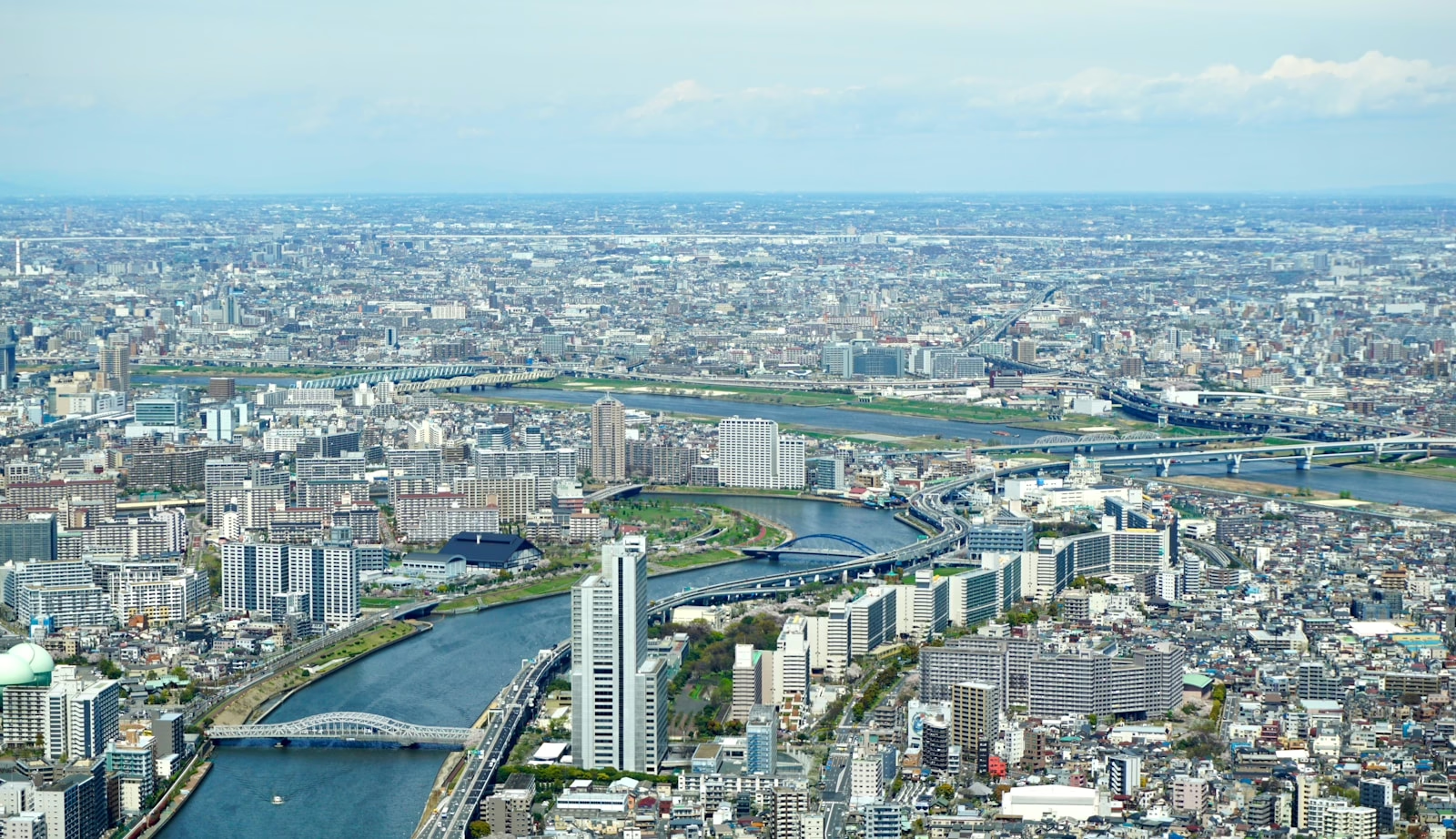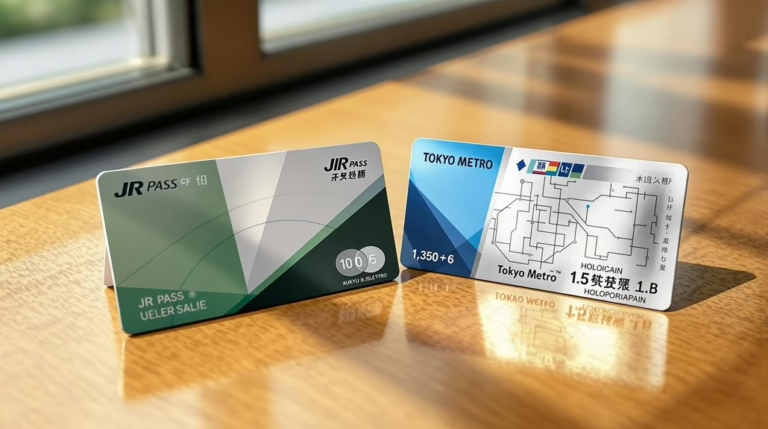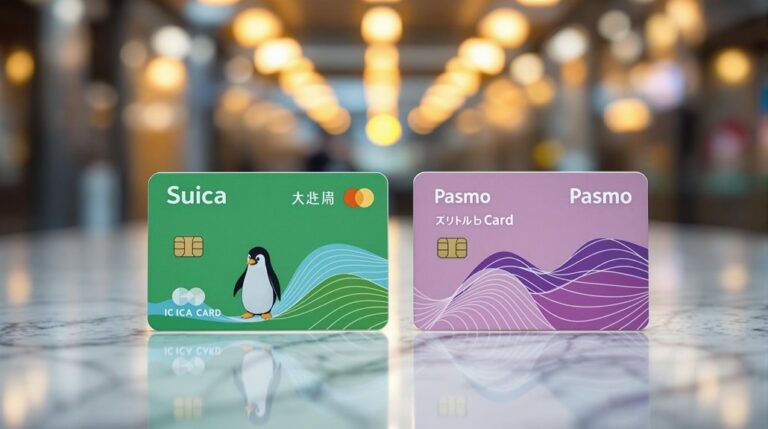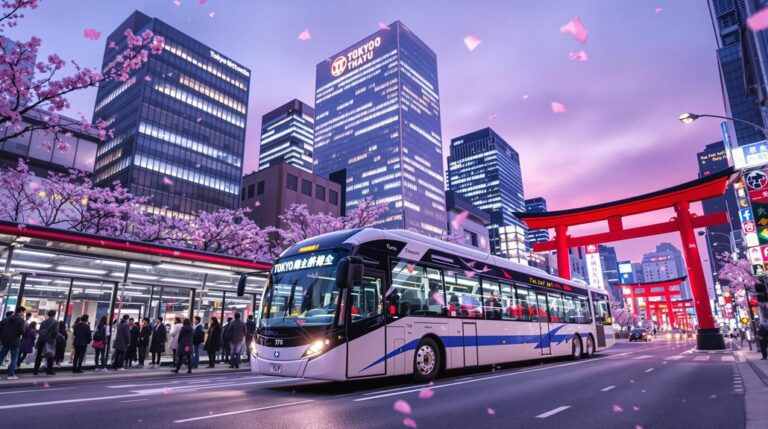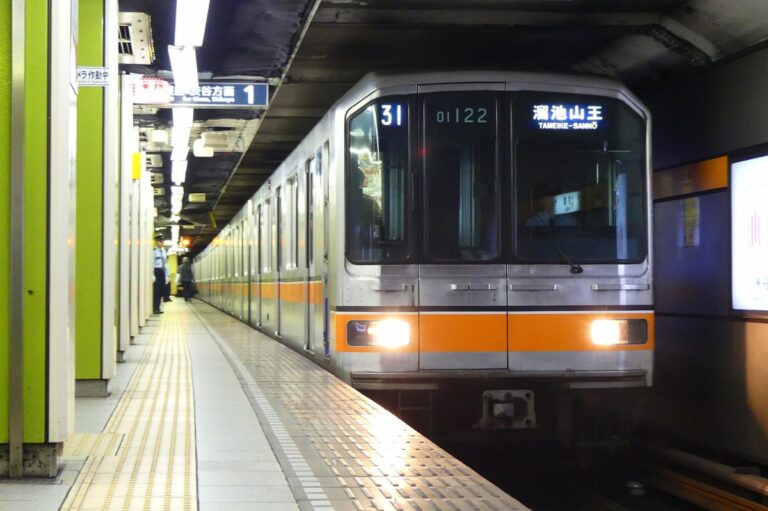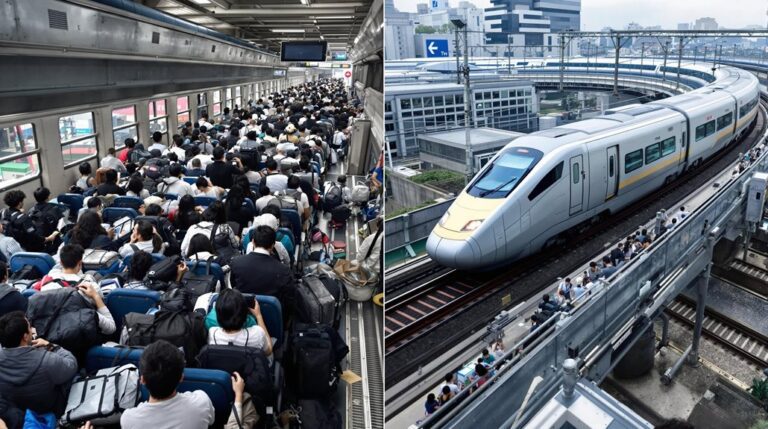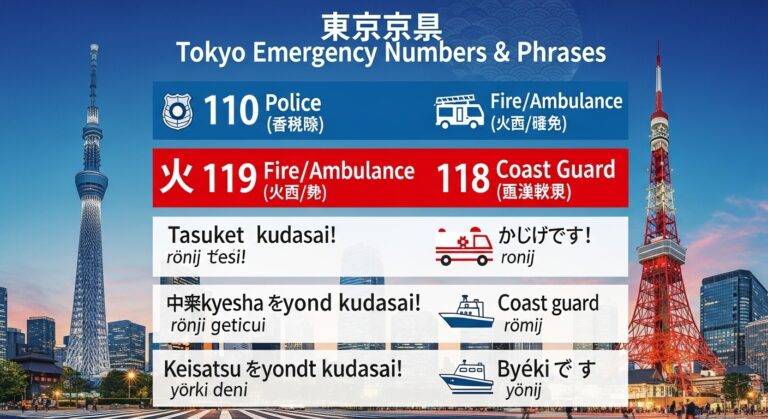Tokyo Drinking Water: Tap Water Safety & Alternatives
Tokyo Drinking Water: Tap Water Safety & Alternatives – Tokyo’s tap water stands among the world’s safest, with over 300,000 annual quality tests ensuring 99.9% compliance with international standards that surpass European and American requirements.
Every faucet delivers rigorously purified mountain water that’s completely safe to drink, while subtle taste variations across the city’s 23 wards reflect different river sources.
Budget travelers can confidently fill bottles from taps, fountains, and hotel sinks, though premium alternatives abound in convenience stores and vending machines for those seeking specific mineral profiles or temperature preferences.
Key Takeaways
Hide- Tokyo's tap water meets world-class safety standards with 99.9% compliance rate and over 300,000 annual quality tests.
- Municipal water is safe to drink citywide, though taste varies slightly between wards due to different river sources.
- Public drinking fountains are available at major stations, parks, temples, and shrines throughout the city for free hydration.
- Vending machines offer 24/7 access to hot and cold bottled water, accepting both cash and IC cards.
- Japanese bottled water brands like Suntory and Irohasu provide soft water alternatives preferred by locals over harder international options.
Tokyo Tap Water Safety: The Truth Every Tourist Needs to Know
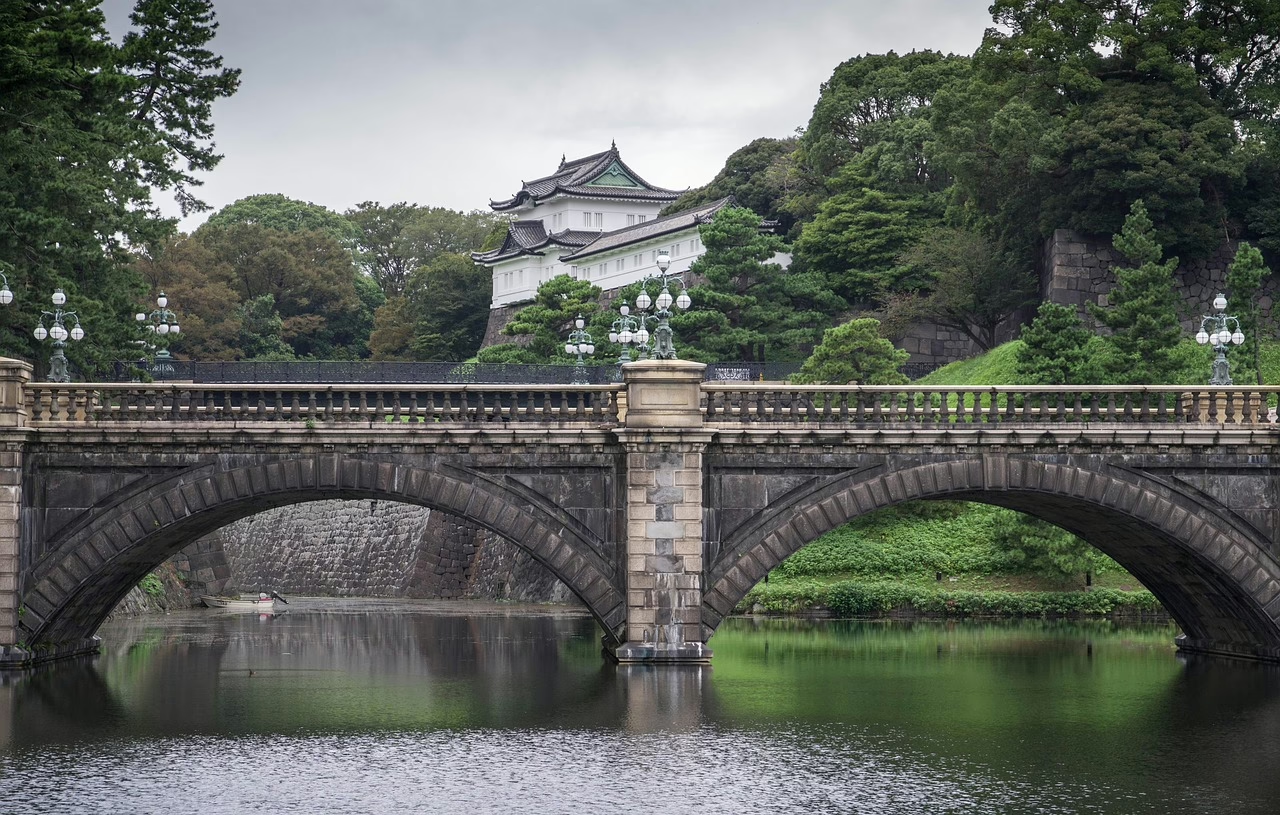
Tokyo’s tap water stands as one of the world’s safest municipal water supplies, backed by rigorous treatment standards that often surpass those found in Europe and the United States.
The city’s advanced multi-stage purification system processes water from pristine mountain rivers and underground sources, creating a clean, mineral-rich drink that 90% of locals consume daily without hesitation.
The Tokyo Metropolitan Government conducts over 300,000 water quality tests annually to maintain these exceptional safety standards.
What’s fascinating for visitors is how water quality and taste can vary subtly across Tokyo’s 23 wards, reflecting different source combinations and the sophisticated infrastructure that delivers this liquid gold straight to your hotel room faucet!
Japan’s World-Class Water Treatment Standards and What They Mean for You
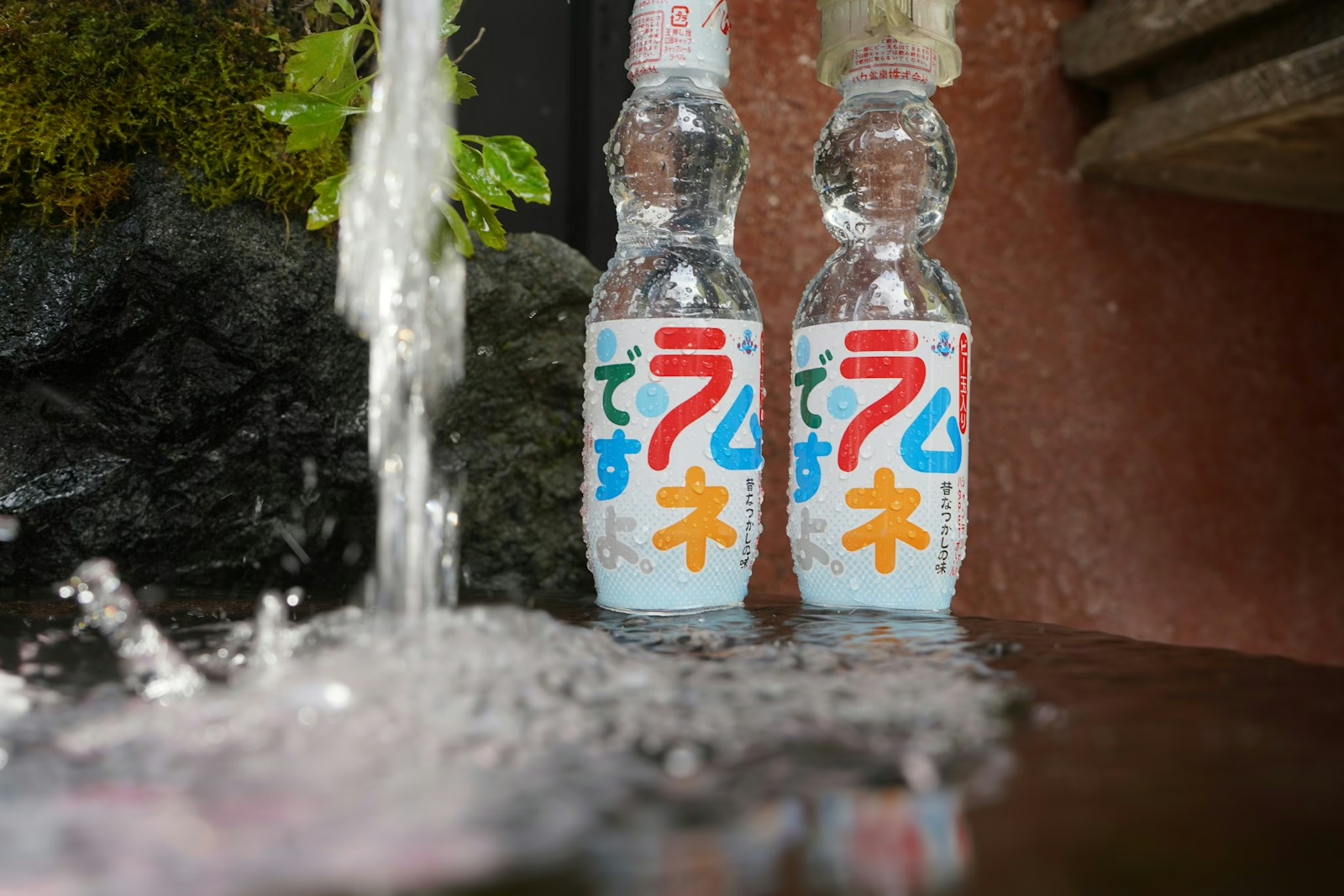
Despite lingering misconceptions about radiation contamination, Tokyo’s tap water consistently outperforms drinking water standards in most developed nations, with government testing results that would make European and American cities envious.
The Japanese capital’s water treatment infrastructure employs cutting-edge purification technology that eliminates virtually every contaminant imaginable, from heavy metals to pesticides, while maintaining a 99.9% compliance rate with the world’s most stringent water quality standards.
Tokyo’s water undergoes testing for over 291 parameters at treatment plants, far exceeding national requirements to ensure the highest quality before distribution.
- Tokyo Air Quality Guide: Pollution Levels & Health Tips
- Tokyo Travel Insurance: What to Cover & Recommended Providers
- Tokyo Luggage Storage Guide for Travelers
- Complete Guide to Topping Up a Suica Card in Tokyo
- Navigating Tokyo’s Airports: From Narita to Haneda Smoothly
- How to Save Money on Tokyo Attractions With Discount Passes
Independent scientific monitoring confirms that Fukushima-related concerns about Tokyo’s water supply are completely unfounded, as the city’s pristine river sources and advanced filtration systems deliver H2O that’s cleaner than what flows from taps in London, New York, or Paris!
Fukushima Concerns Debunked: Real Science Behind Tokyo’s Water Safety
When concerns about Fukushima’s 2011 nuclear incident surface in conversations about Tokyo’s drinking water, travelers often find themselves wondering if their morning coffee or evening tea carries hidden risks.
Here’s the reassuring reality: Tokyo’s water source geography creates natural protection, while radioactive decay and advanced treatment systems guarantee your glass contains nothing but pure refreshment!
Tokyo’s water undergoes testing for over 291 parameters, far exceeding Japan’s national requirements and providing comprehensive safety assurance.
Government Testing Results That Prove Tokyo Water Beats Most Countries
While skeptical travelers might question the quality of tap water in any foreign country, government testing data reveals that Tokyo’s municipal water system consistently outperforms most developed nations through rigorous monitoring protocols that would make even the most cautious water quality engineer smile with approval.
- 291 parameters tested – exceeding national requirements
- 99.9% compliance rate – verified through independent studies
- Over 1,000 annual tests – across the entire system
- 90% resident consumption – locals skip water filtration and bottled water
Tokyo’s tap water maintains exceptionally low concentrations of trace metals and dissolved minerals, with comprehensive analysis showing that mineral content falls well below international safety thresholds established by the World Health Organization.
Taste and Quality Differences Across Tokyo’s 23 Wards
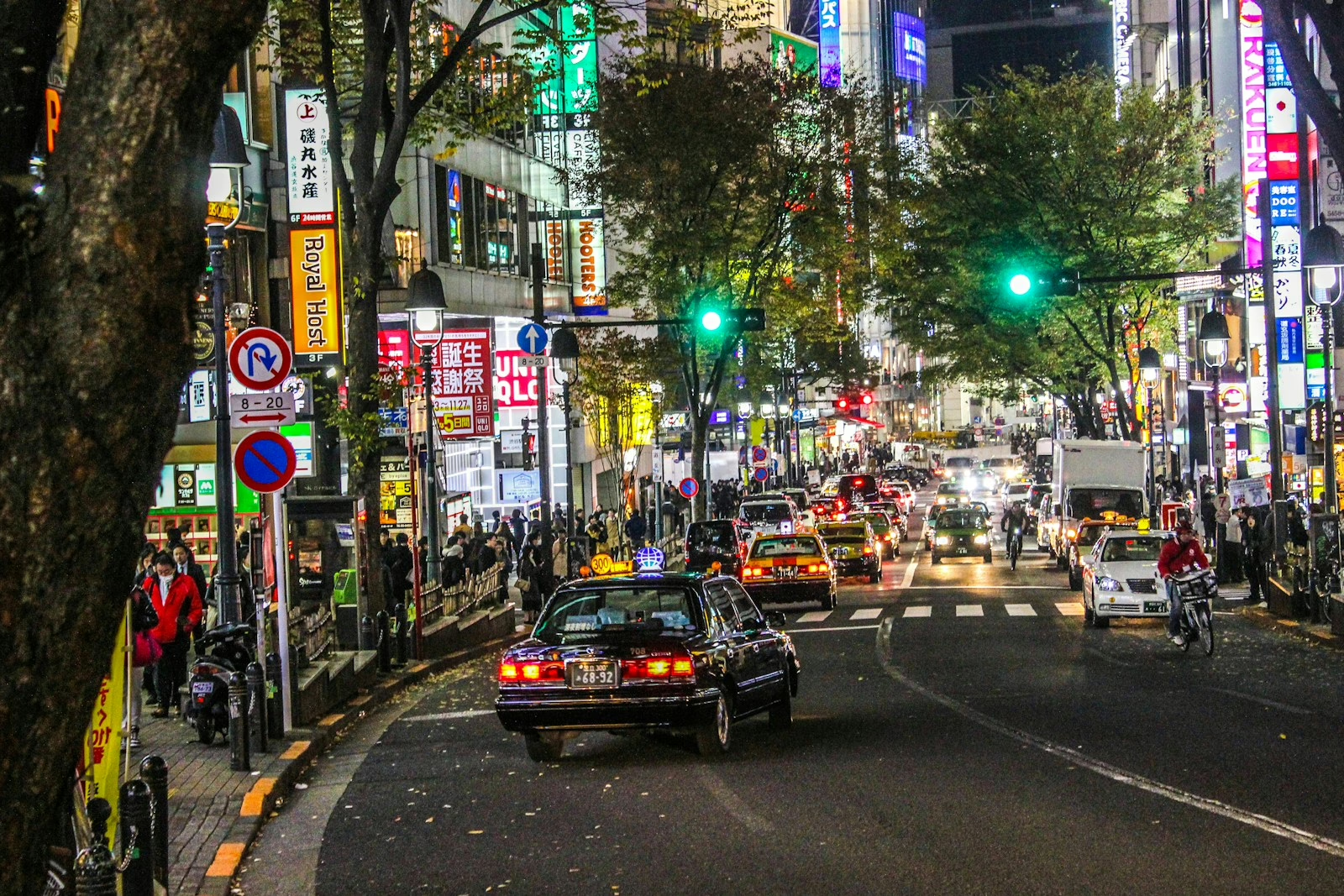
Despite Tokyo’s stringent safety standards, your taste buds might detect subtle differences between districts—and there’s fascinating science behind why that morning coffee tastes slightly different in trendy Shibuya compared to historic Asakusa!
The variation stems from Tokyo’s dual water source system, where western wards like Shibuya receive mineral-rich mountain water from the Tama River system, while eastern districts like Asakusa get softer water from the Arakawa River network.
These source differences, combined with varying chlorine treatment levels across Tokyo’s eleven purification plants, create the distinct flavor profiles that even locals notice when traveling between neighborhoods.
The Tokyo Bureau of Waterworks uses ozone-based disinfection units at key plants, which helps reduce the chlorine taste while maintaining water safety across the metropolitan area.
Why Shibuya Water Tastes Different from Asakusa: Source Variations Explained
Across Tokyo’s sprawling metropolis, the secret behind why your morning coffee tastes remarkably different in trendy Shibuya compared to historic Asakusa lies buried in an intricate web of rivers, treatment plants, and geographic destiny that most visitors never imagine exists.
Here’s what creates these distinct taste profiles across Tokyo’s water source system:
- Western wards like Shibuya receive pristine Tamagawa River water requiring minimal treatment.
- Eastern districts including Asakusa rely on Tonegawa/Arakawa sources needing advanced purification.
- Seasonal variations affect eastern water more dramatically than western supplies.
- Infrastructure age influences final delivery quality differently across neighborhoods.
Tokyo’s water system maintains residual chlorine levels between 0.1 and 0.4 mg/L throughout the distribution network to ensure microbial safety while keeping the taste virtually undetectable to consumers.
Chlorine Levels and How They Affect Your Drinking Experience
When tourists first fill their water bottles from Tokyo faucets, they often notice something their guidebooks never mentioned—that subtle chlorine taste that makes them wonder if the city’s legendary attention to detail somehow missed their drinking water.
Actually, Tokyo’s strict 0.4 mg/L limit keeps residual levels perfectly balanced between safety and flavor, ensuring chlorine taste stays undetectable while maintaining world-class standards.
The Tokyo Metropolitan Bureau of Waterworks operates automatic water quality meters at 131 locations throughout the city to continuously monitor these levels and ensure consistent quality across all districts.
Hotel and Accommodation Water: What to Expect During Your Stay
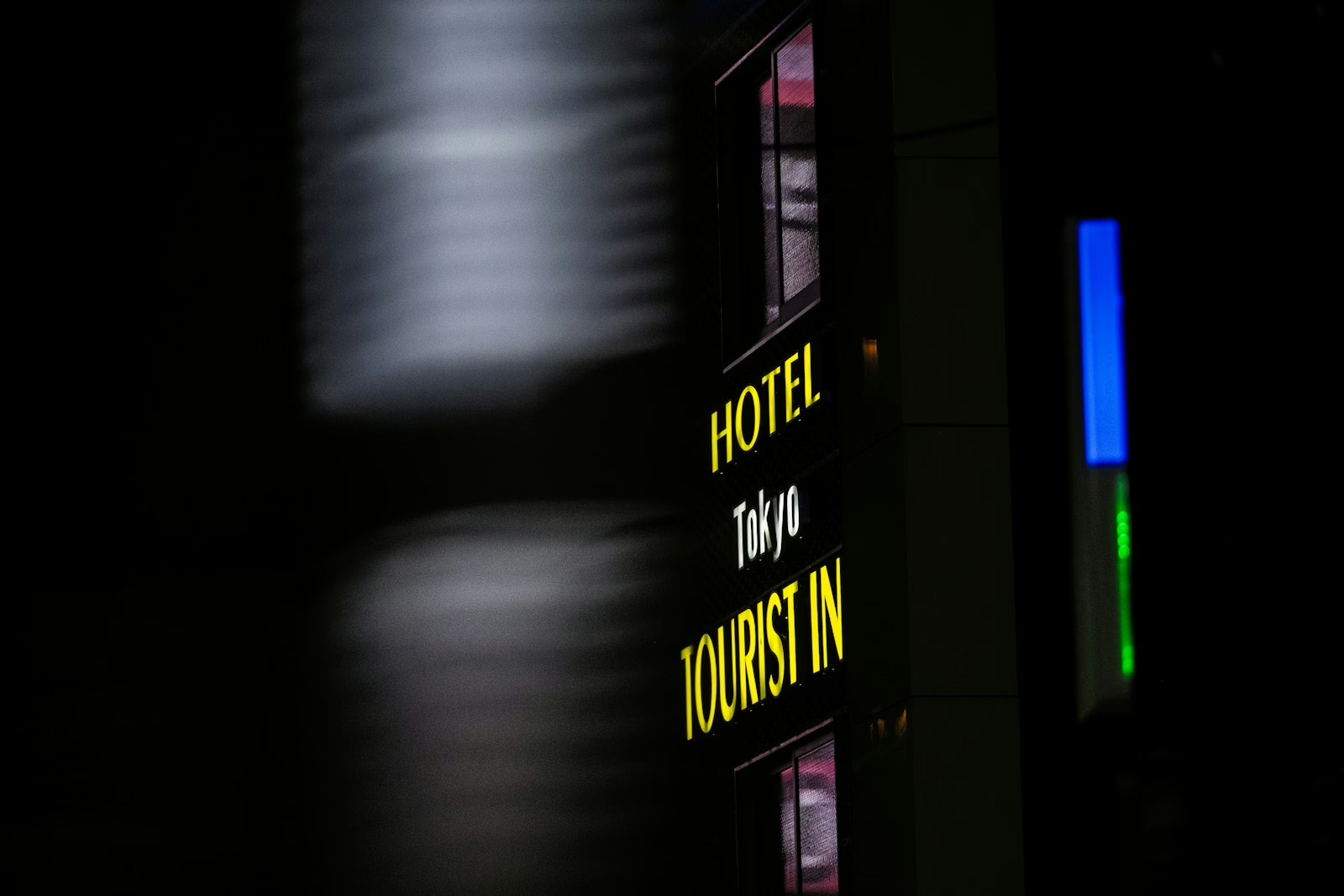
Tokyo’s hotel scene presents a fascinating water quality spectrum, where gleaming luxury properties boast sophisticated filtration systems and complimentary premium bottles.
Meanwhile, budget accommodations rely primarily on the city’s excellent municipal supply with minimal frills.
Traditional ryokan establishments offer their own charming approach to hydration, featuring classic hot water dispensers alongside ceremonial tea service that transforms simple H2O into a cultural experience!
The reality is that whether you’re splurging on a five-star suite or bunking in a capsule hotel, Tokyo’s stringent water safety standards guarantee you’ll have access to clean, drinkable water—though the presentation and convenience factors vary dramatically across accommodation types.
This municipal water surpasses EU standards and international guidelines, ensuring consistent quality across all accommodation levels throughout the city.
Luxury Hotel Water Systems vs Budget Accommodation Reality
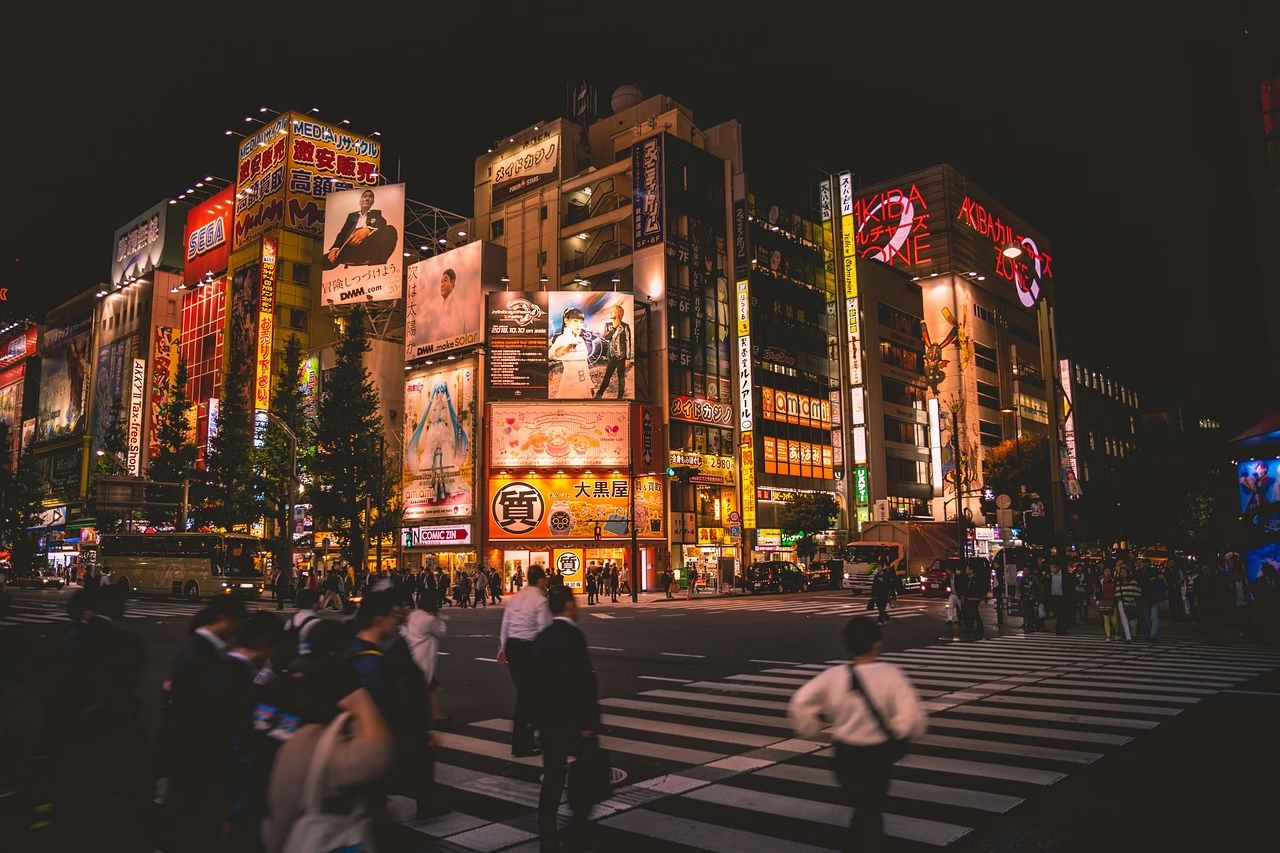
Tokyo’s accommodation scene presents fascinating water quality contrasts that might surprise travelers—while five-star hotels deploy sophisticated multi-stage filtration systems with UV purification and mineral enhancement that create premium drinking experiences rivaling artisanal bottled water, budget capsule hotels and hostels rely on Tokyo’s exceptionally safe municipal tap water without additional treatment.
The reality is invigoratingly straightforward: whether you’re staying at a luxury property in Ginza with its taste-optimized filtration or bunking in a Shibuya hostel with basic fixtures, you’re getting water that meets rigorous safety standards!
Your accommodation choice primarily affects taste enhancement and convenience features rather than fundamental safety, since Tokyo’s municipal system already delivers some of the world’s cleanest tap water to every building across the city.
Tokyo’s tap water maintains its quality throughout the distribution network, with minimal fluctuations from the treatment plant to your hotel faucet.
Five-Star Hotel Filtration Systems That Rival Bottled Water Quality
Several luxury hotels across Tokyo have revolutionized their water systems with whole-building filtration technology that transforms every drop flowing through their properties into something that rivals premium bottled water quality.
These advanced water filtration systems deliver an exceptional guest experience through:
- Medical-grade purification removing 99.99% of contaminants
- Multi-stage carbon filtration eliminating chlorine taste and odors
- Enhanced beverage quality for superior tea and coffee brewing
- Skin-friendly bathing with gentler, softer water
Hotels like Sotetsu Fresa Inn have implemented comprehensive SOU-BI-SUI systems that install filters directly within water pipes to purify all water before distribution throughout the building.
Capsule Hotels and Hostels: Basic Tap Water Safety You Can Trust
Budget travelers can breathe easy knowing that capsule hotels and hostels throughout the city deliver the same rigorously tested municipal water that flows through Japan’s most exclusive properties.
Tokyo’s advanced treatment systems transform river runoff into pristine drinking water, making expensive bottled water purchases completely unnecessary.
Many hostels now feature free water refill stations where guests can top up their reusable bottles throughout their stay.
Your wallet stays happy while you stay hydrated!
Traditional Ryokan Water Sources and Their Unique Characteristics
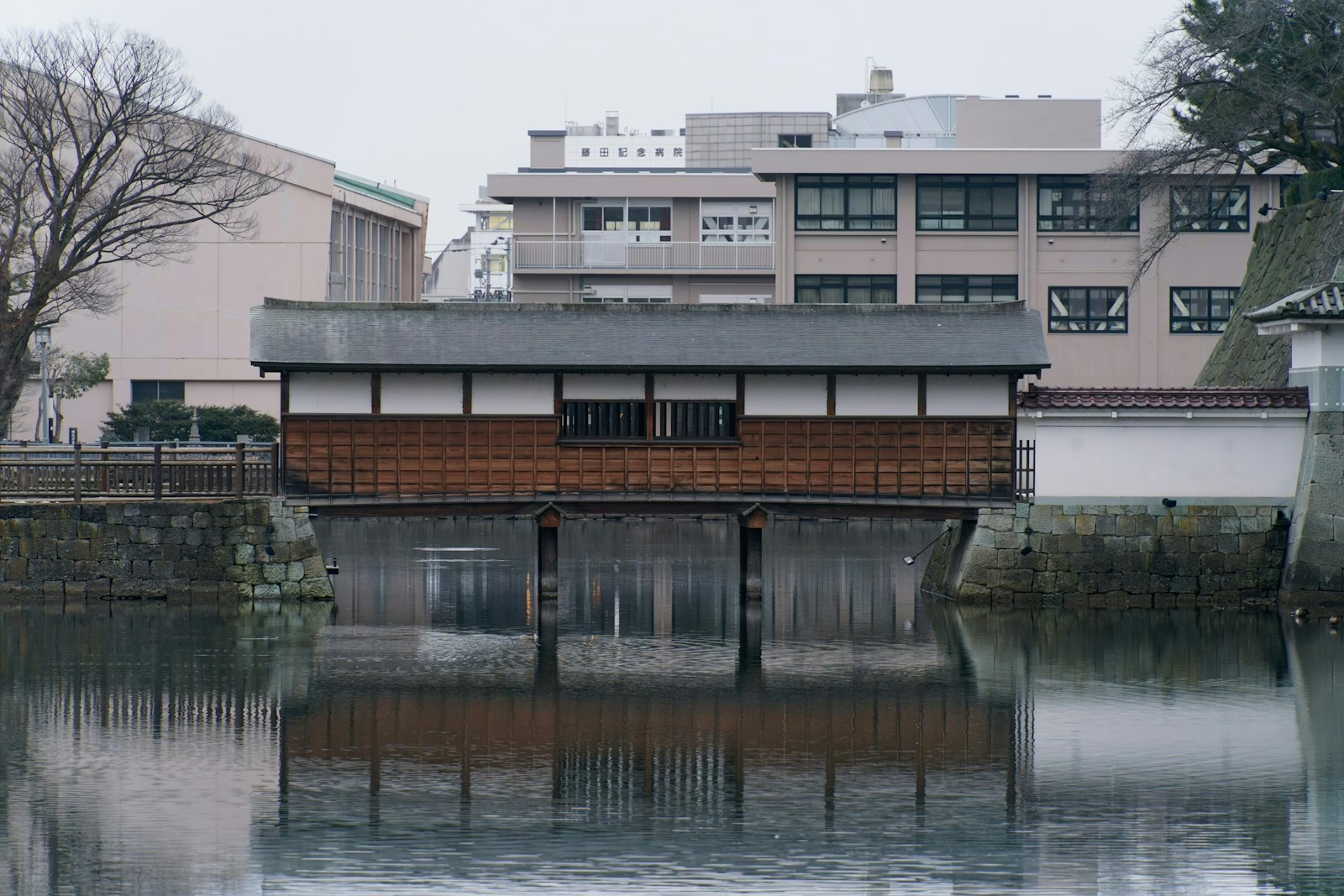
Tokyo’s traditional ryokan establishments offer guests a fascinating glimpse into authentic Japanese water culture.
Though most heritage accommodations rely on regular municipal water rather than natural hot springs due to the city’s urban geography, the experience remains deeply rooted in tradition.
The few genuine onsen ryokan operating within Tokyo’s boundaries transport their precious mineral-rich water through extensive pipeline networks from distant volcanic sources like Hakone.
This creates a unique bathing experience that bridges ancient traditions with modern logistics.
Visitors staying at these special accommodations should prepare for water that feels noticeably different from standard hotel facilities—softer, warmer, and carrying the subtle mineral essence that has defined Japanese wellness culture for centuries!
The highest quality onsen feature Gensen Kakenagashi water that flows directly from the source without any treatment or recycling.
Natural Spring Water Access in Tokyo’s Heritage Accommodations
The romantic notion of soaking in ancient natural springs while staying at a traditional Tokyo ryokan unfortunately collides with some harsh geological realities!
Tokyo’s urban landscape lacks authentic onsen sources, forcing accommodations to transport water from distant locations like Hakone.
Reality Check for Ancient Water Springs and Ryokan Mineral Sources:
- Zero certified natural hot springs exist within Tokyo’s 23 wards.
- Most facilities pipe diluted water from sources 90+ kilometers away.
- Mineral content drops to 200-400 mg/L versus authentic onsen’s 1,000+ mg/L.
- Municipal treatment requirements compromise natural spring authenticity.
- True 100% natural hot spring water remains unaltered from its source without dilution, heating, or chlorine treatment, which most Tokyo accommodations cannot provide.
Hot Spring Areas Within Tokyo: Special Water Considerations for Visitors
Visitors expecting authentic hot spring experiences within Tokyo’s city limits face a surprising geographical puzzle that sends most genuine onsen seekers packing for the hills—literally!
Most Tokyo “onsen” facilities utilize artificially mineralized water lacking natural hot spring mineral composition.
Traditional sento bathhouses dominate the scene, requiring proper traditional onsen etiquette despite using municipal water supplies.
These traditional bathhouses feature modern amenities including digital weight scales, barrier-free facilities, and health monitoring equipment to enhance the bathing experience.
Free Public Water Sources Every Tokyo Tourist Should Know About
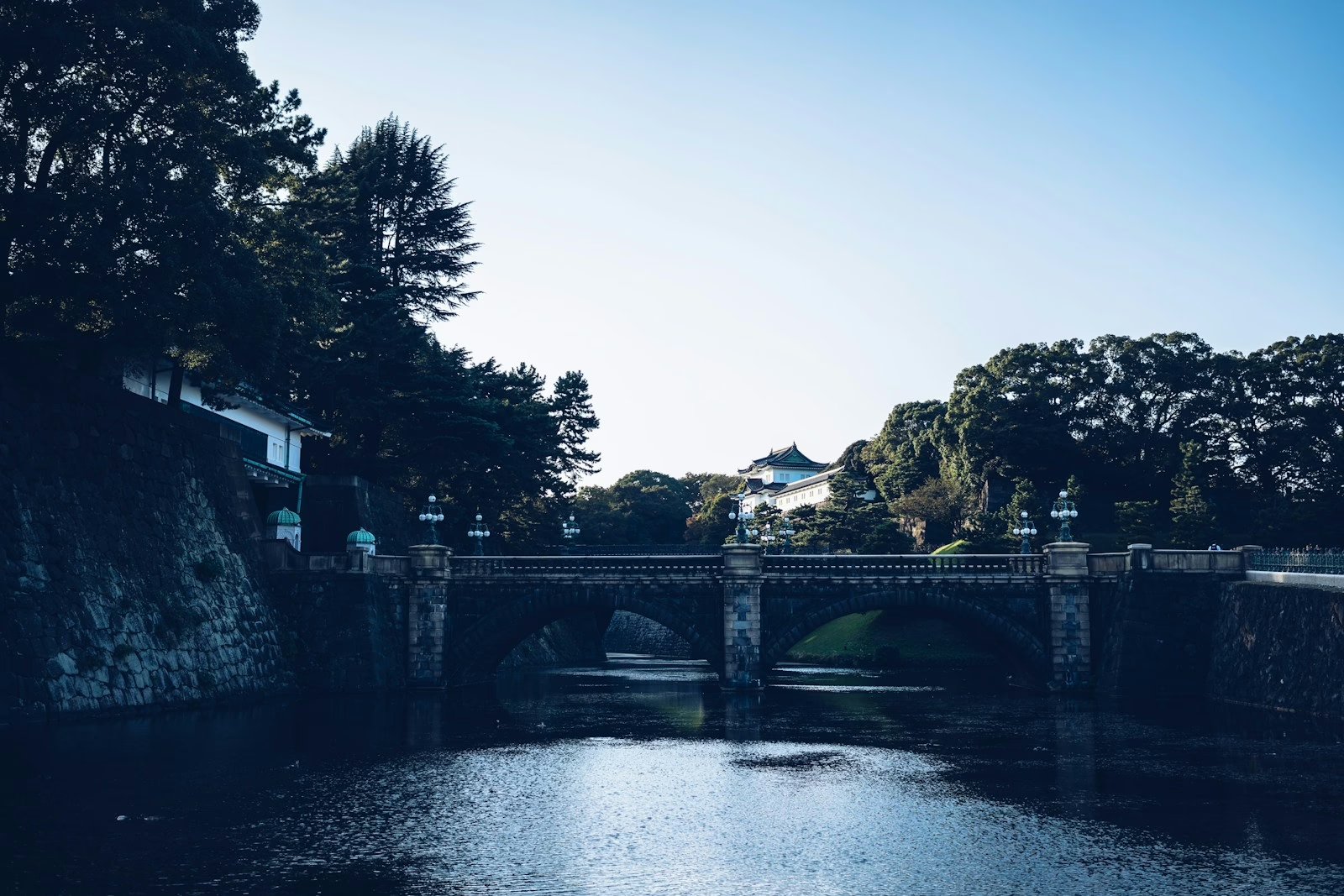
Tokyo’s incredible network of free water sources transforms the simple act of staying hydrated into an effortless part of your urban adventure!
From the spotless drinking fountains positioned strategically throughout major train stations like Tokyo Station and Ueno Station, to the tranquil park spaces where municipal water points offer invigorating relief between temple visits, the city guarantees that clean, safe drinking water remains accessible at every turn.
Beyond these practical hydration spots, Japan’s sacred spaces provide their own unique water experiences through purification fountains that blend cultural tradition with the country’s commitment to pristine water quality.
Many sports facilities across Tokyo also maintain drinking fountains for athletes and visitors seeking reliable hydration during physical activities.
Train Station Water Fountains: Clean Hydration Throughout Your Journey
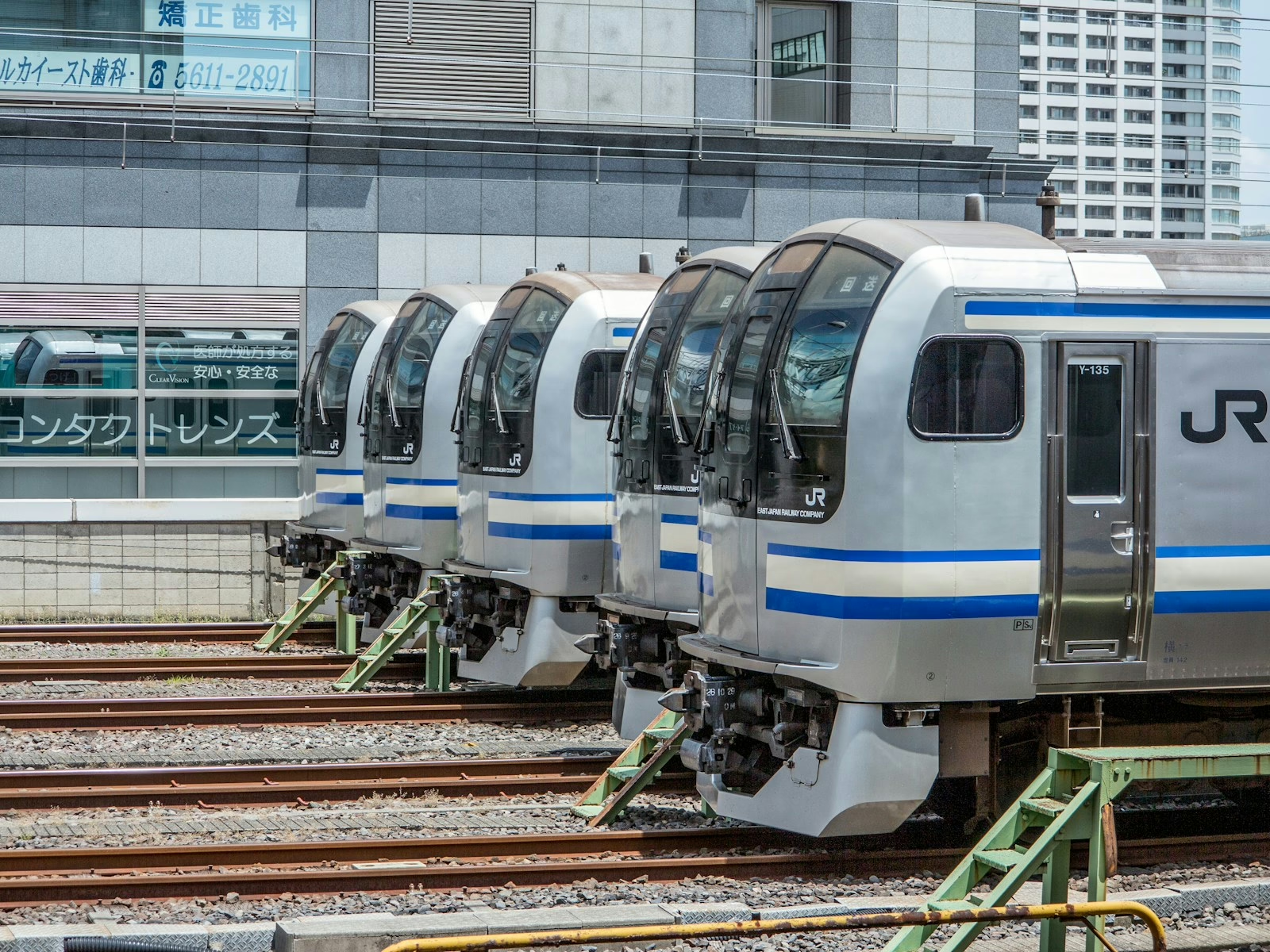
JR East stations consistently deliver exceptional water quality through their rigorous maintenance protocols, ensuring every sip from their fountains meets the same pristine standards as Tokyo’s acclaimed tap water system.
While Tokyo Metro stations maintain equally reliable fountain networks with regular testing and upkeep, private railway lines like Keio and Odakyu sometimes show slight variations in fountain placement and maintenance frequency—though all still provide perfectly safe, revitalizing hydration!
The real difference lies not in water quality, which remains universally excellent across all Tokyo rail networks, but in the accessibility and modern design features that vary between these major transit operators.
Many station fountains also serve as convenient meeting points for travelers, similar to how popular park fountains function as gathering spots throughout the city.
JR East Station Water Quality and Maintenance Standards
Where can thirsty travelers find reliably clean, ice-cold water without spending a single yen during their Tokyo adventures?
JR East maintains exceptional station water infrastructure through rigorous maintenance quality protocols that rival premium hotels!
Their commitment includes:
- Daily sanitization schedules for all fountain components
- Regular temperature monitoring ensuring invigorating cold water
- Professional cleaning staff maintaining spotless facilities
- Advanced filtration systems guaranteeing pure, safe hydration
These water fountains collectively save over 100,000 water bottles from landfill monthly, demonstrating JR East’s dedication to environmental sustainability alongside passenger convenience.
Tokyo Metro vs Private Line Water Fountain Reliability
How dramatically do water fountain availability and reliability differ between Tokyo’s sprawling Metro network and the city’s numerous private railway lines?
Tokyo Metro consistently delivers superior water fountain maintenance with 95% operational rates at central stations.
Meanwhile, private vs public fountains reveal stark contrasts—private lines prioritize retail over reliable hydration access, making Metro your dependable choice!
Water fountains are integrated throughout station interiors across Japan’s railway system, ensuring accessibility for travelers navigating different transportation networks.
Park and Public Space Drinking Water Access Points
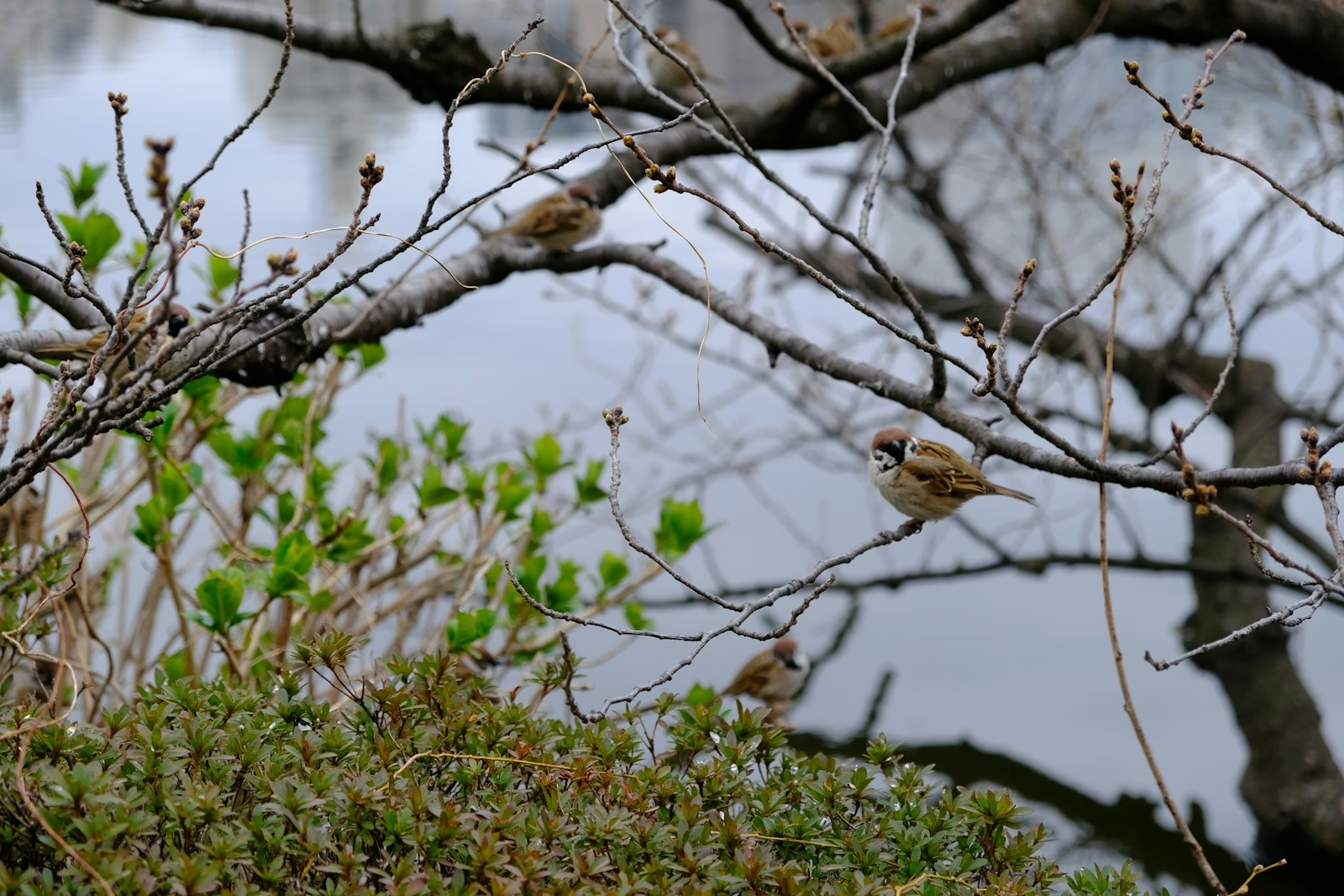
Tokyo’s magnificent parks transform into hydration havens where centuries-old landscapes meet cutting-edge water technology!
Ueno Park showcases this perfect blend through its clearly marked “mizu nomiba” stations that dispense crisp, cold municipal water alongside historic cherry blossom groves and museum pathways.
Meanwhile, Shinjuku Gyoen elevates the experience with sophisticated filtration systems that deliver exceptionally pure water, ensuring visitors can explore these sprawling botanical wonderlands without worrying about dehydration.
The mymizu app helps locate refill spots worldwide including these park water stations, making it easier than ever to find free hydration points throughout Tokyo’s green spaces.
Ueno Park’s Historic Water Features and Modern Drinking Stations
What secrets lie beneath the surface of Ueno Park’s most famous water feature, and why can’t visitors drink from its ancient waters?
Shinobazu Marsh harbors centuries of Tokyo’s geological history, while Benten Island stands as proof to Edo-period temple artistry.
- Ecological preservation prevents public consumption
- Wildlife habitat takes priority over human access
- Standard fountains serve drinking needs elsewhere
- Cultural landmark status protects water quality
The pond’s impressive 2 km circumference makes it one of Tokyo’s largest urban water features, yet its primary function remains environmental rather than recreational consumption.
Shinjuku Gyoen’s Filtered Water Systems for Visitor Convenience
Where better to experience Tokyo’s commitment to visitor hydration than within the meticulously maintained grounds of Shinjuku Gyoen National Garden, where crystal-clear municipal water flows freely from strategically positioned fountains throughout this 144-acre urban oasis!
These modern stations blend seamlessly with historical water sources, offering indoor water filtration systems that transform ordinary tap water into invigorating pure revitalization for weary explorers.
Beyond the park’s boundaries, MUJI stores throughout the city feature blue water droplet signs marking their complimentary refill stations, extending Tokyo’s commitment to sustainable hydration options for both tourists and residents.
Temple and Shrine Purification Water: Cultural Significance and Safety
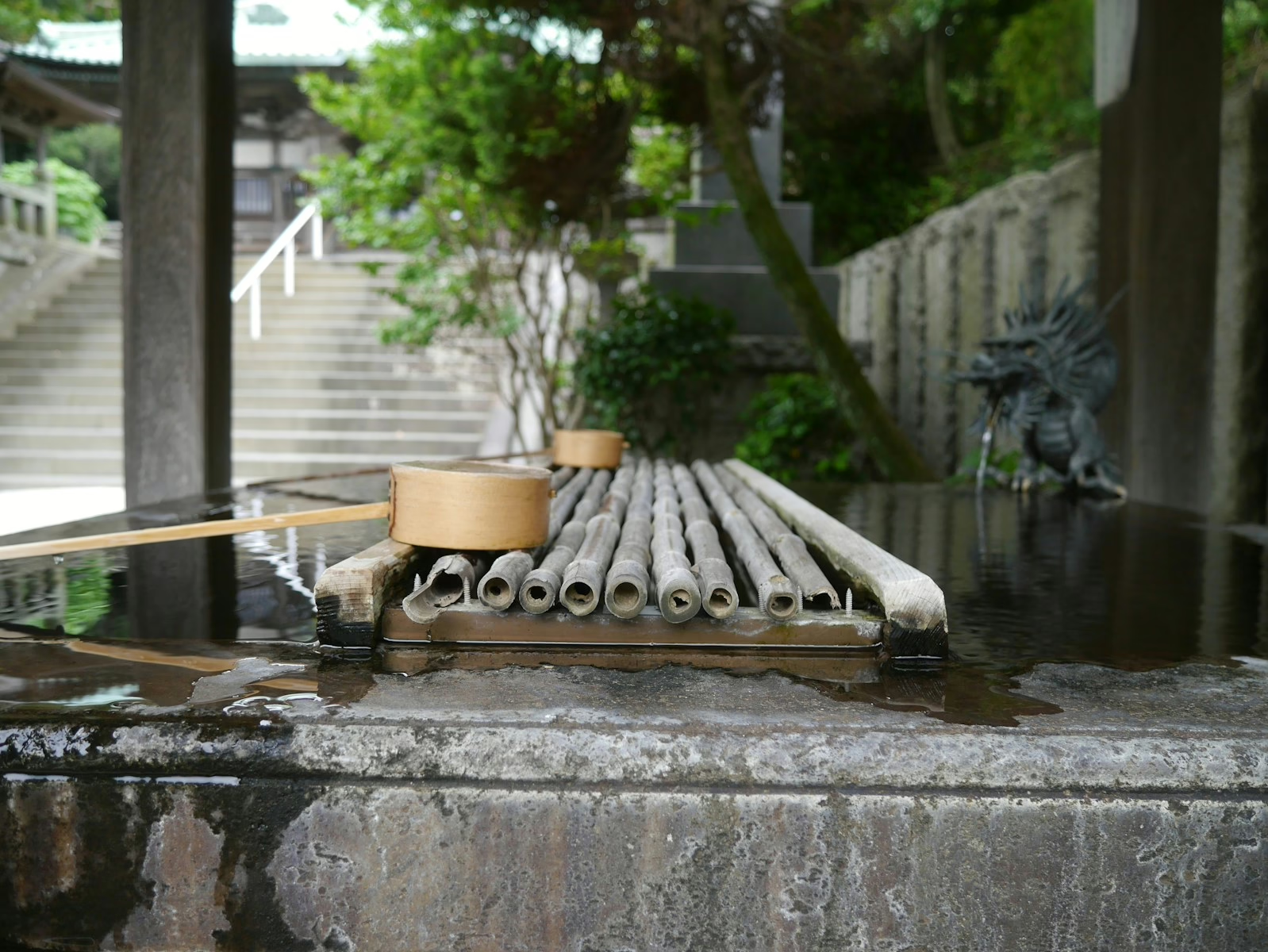
Tokyo’s ancient temples and shrines offer more than spiritual experiences—they provide access to purification water that follows centuries-old traditions, though understanding proper etiquette becomes essential for respectful participation.
Major sites like Meiji Shrine and Sensoji Temple maintain temizuya (purification fountains) with continuously flowing municipal water that’s safe for ritual use, where visitors cleanse hands and mouth before approaching sacred spaces.
While these water sources meet Tokyo’s rigorous safety standards, the cultural protocols surrounding their use—from the precise hand-washing sequence to the symbolic mouth rinsing—transform a simple drink of water into a meaningful spiritual practice that connects modern tourists with Japan’s deepest traditions.
The entire cleansing process traditionally requires only a single dipperful of water, demonstrating the elegant efficiency of this ancient purification method.
Sacred Water Etiquette and When It’s Safe to Drink
- Left hand first – Wash thoroughly before proceeding
- Right hand second – Complete the cleansing sequence
- Mouth rinse – Use cupped left hand, never swallow
- Ladle cleaning – Rinse handle vertically when finished. These purification rituals at shrines reflect water’s revered cultural significance in Japan, where cleanliness and respect for water’s purity are deeply embedded in traditional practices.
Meiji Shrine and Sensoji Temple Water Source Information
When ancient springs meet modern pilgrimage, few locations capture this intersection quite like Meiji Shrine’s legendary Kiyomasa’s Well!
This sacred source maintains a perfect 15°C temperature year-round, feeding the stunning Nanchi pond where koi swim beneath lotus blossoms.
The well was originally dug by Kato Kiyomasa during the Edo period, establishing its historical significance long before the shrine’s founding.
Both Meiji Shrine water and Sensoji Temple water offer spiritual cleansing experiences that connect visitors to centuries-old traditions.
Premium Bottled Water Options Across Tokyo’s Convenience Stores
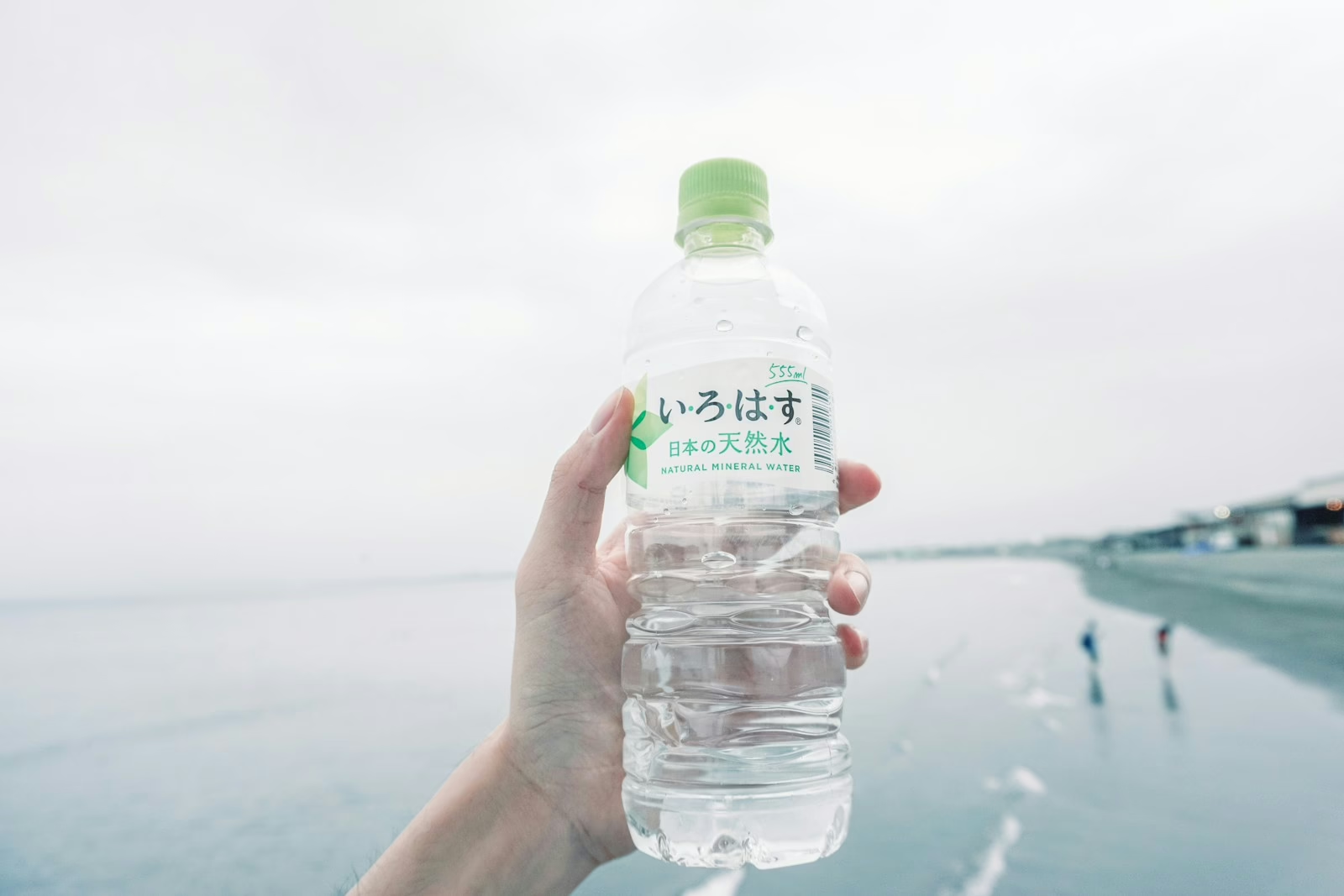
Tokyo’s convenience stores showcase an impressive array of premium bottled waters that reveal the sophisticated preferences of local residents.
From AEON’s budget-friendly TOPVALU Natural Mineral Water at just 48 yen to the market-dominating Irohasu that commands half of Japan’s small-bottle water sales, the selection is diverse and curated.
Step outside any konbini and you’ll discover an equally fascinating world of vending machine hydration.
Regional mineral waters from places like Chichibu, Saitama compete alongside Suntory’s bestselling Minami Alps “Tennensui” for prime real estate in those ubiquitous street-corner dispensers.
These aren’t just random water choices—they represent carefully curated selections that reflect genuine Japanese taste preferences, hardness levels, and sourcing philosophies that locals have embraced for decades.
The preference for soft water explains why these domestic brands dominate shelf space, offering the smooth texture that perfectly complements traditional Japanese flavors.
Japanese Bottled Water Brands That Locals Actually Prefer
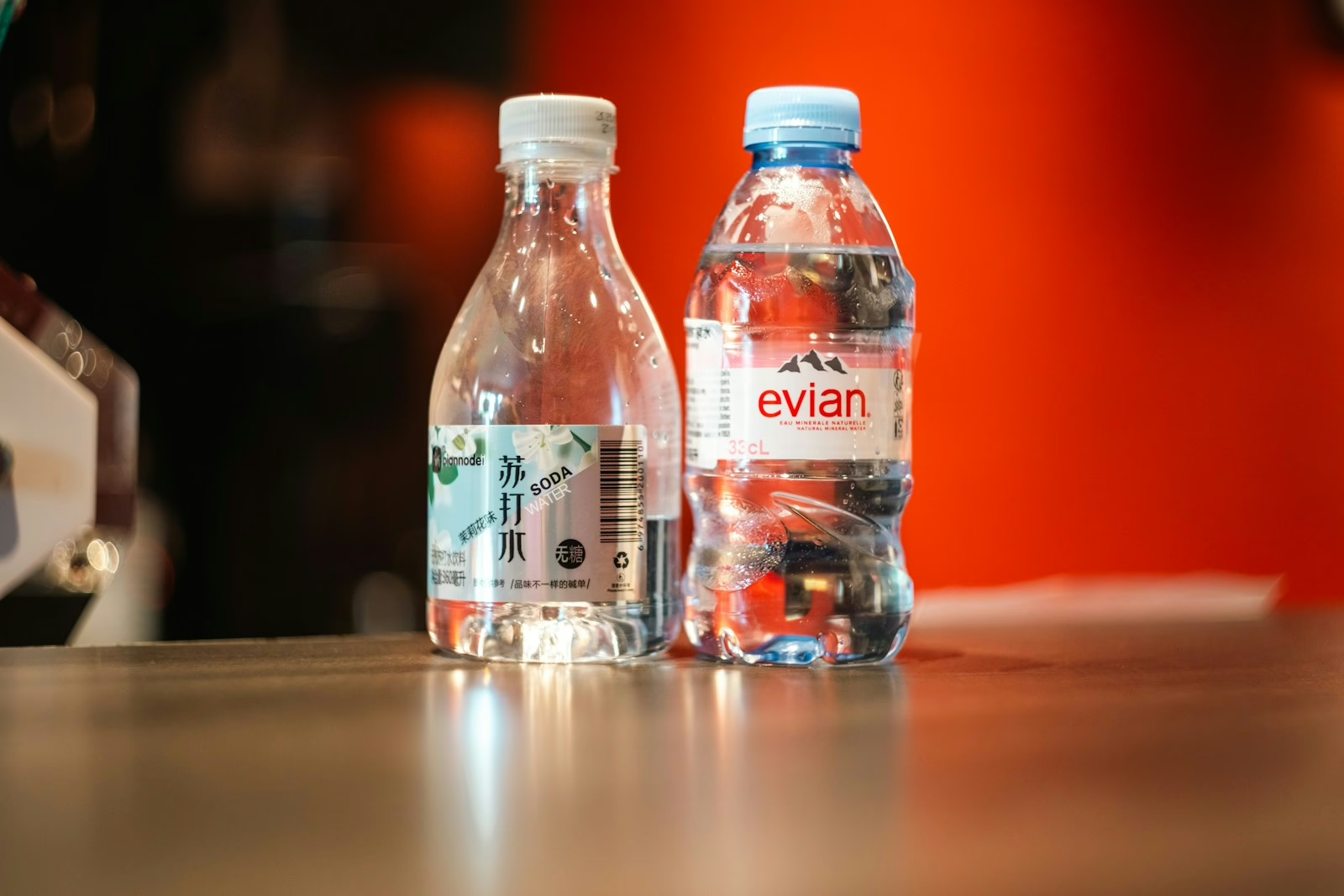
Walking through Tokyo’s convenience stores reveals a fascinating water war between Suntory’s beloved Tennensui and international heavyweight Evian.
Locals consistently choose the soft, silky taste of Hakushu-sourced water over its hard, mineral-rich French competitor.
The price difference tells its own story—Suntory’s premium bottles typically cost 20-30 yen less than Evian while delivering that characteristically gentle Japanese water profile that perfectly complements local palates.
Smart shoppers quickly discover that convenience store exclusives like Irohasu offer exceptional value at around 100 yen per bottle, making premium hydration surprisingly affordable across Tokyo’s ubiquitous combini network.
For those seeking variety, Family Mart locations stock regional options like Tsunan water from Niigata, which offers an ultra-soft profile favored by discerning water enthusiasts.
Suntory vs Evian: Comparing Local and International Water Choices
How dramatically does water preference reveal the cultural divide between international expectations and local Japanese tastes?
Tokyo’s convenience stores showcase this perfectly through contrasting choices.
Water mineralization comparison:
- Suntory: Soft water (<120 mg/L hardness) matching Tokyo preferences
- Evian: Hard water (304 mg/L) creating distinct mineral taste
- Source purity: Both maintain excellent quality standards
- Local alignment: Japanese consumers overwhelmingly choose domestic softness
Suntory offers three distinct varieties including Minami Alps, Okudaisen, and Aso, each sourced from underground channels in specific Japanese regions, providing consumers with regionally authentic options that align with local taste preferences.
Convenience Store Water Pricing and Best Value Options
Where else can travelers find premium hydration for just ¥100 while discovering Japan’s obsession with water perfection?
Tokyo’s konbini showcase incredible convenience store hydration options, from Mount Fuji spring water to private label bargains.
Smart bottled water pricing means 600mL bottles cost the same as 500mL versions, while 2L options deliver unbeatable per-liter value for budget-conscious explorers.
These stores also stock affordable snacks like tuna mayonnaise onigiri for just ¥149 to complement your hydration needs.
Vending Machine Water Selection Throughout Tokyo’s Streets
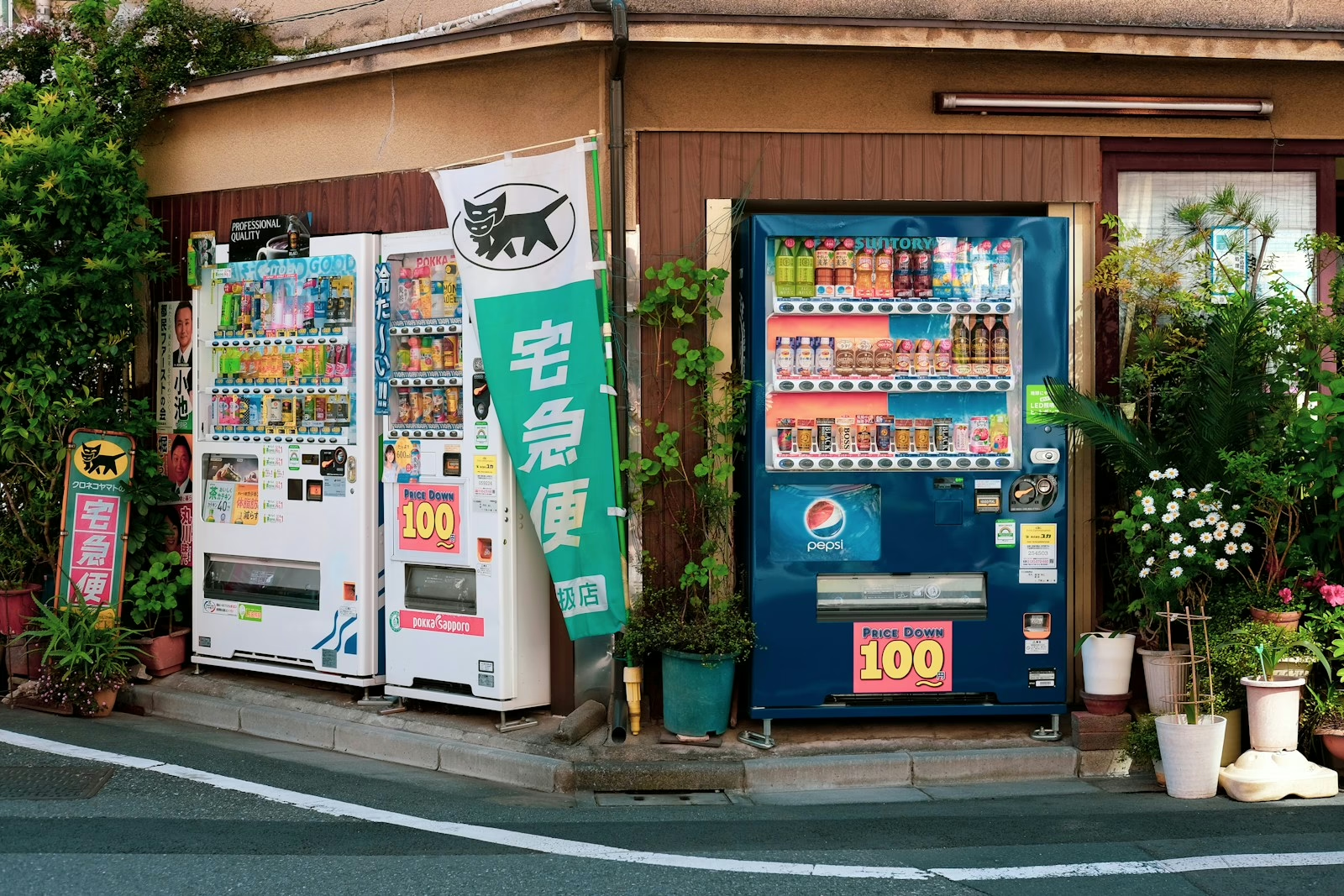
Tokyo’s ubiquitous vending machines transform every street corner into a premium hydration station, offering everything from piping hot mountain spring water during winter months to ice-cold imported options that provide instant relief from sweltering summer heat.
These technological marvels accept everything from crisp cash to contactless IC cards, operating around the clock with the reliability of a Swiss timepiece – because nothing says “Tokyo convenience” like grabbing premium Suntory water at 3 AM using your phone’s digital wallet.
With approximately 2,708,500 vending machines scattered throughout Japan, finding your preferred bottled water brand becomes effortless in this machine-powered metropolis.
Whether you’re craving still mineral water from the Minami Alps or fizzy Tanzan Tsui carbonated refreshment, these street-side sentinels guarantee you’re never more than a few steps away from perfectly chilled premium hydration.
Hot and Cold Water Vending Machines: Seasonal Hydration Solutions
When summer heat blazes through Tokyo’s concrete corridors or winter winds bite at commuters rushing between stations, the city’s ingenious vending machines stand ready with perfectly chilled or steaming hot hydration solutions!
These remarkable temperature control systems deliver:
- Dual-function capability – same machine, hot and cold options
- Visual indicators – blue snowflakes for cold, red flames for hot
- Year-round accessibility – perfect hydration regardless of season
- Consistent pricing – 100-200 yen for premium convenience
Tokyo’s vending machines have achieved remarkable efficiency improvements, with energy consumption decreasing by 70% since 1991 through advanced microcomputers and smart cooling systems.
Payment Methods and Operating Hours for Street-Side Water Access
Beyond the ingenious temperature-controlled vending machines dotting every corner, Tokyo’s convenience stores have transformed into premium hydration headquarters where payment couldn’t be simpler and access never stops!
Water vending operates 24/7 with contactless cards, mobile payments, and classic cash accepted at every payment kiosk.
Freedom seekers can grab Mt Tanigawa spring water anytime! This premium water sourced from a 1,977-meter mountain on the Gunma/Niigata border offers colorless, transparent hydration designed specifically for hot serving.
Advanced Water Solutions for Health-Conscious Travelers
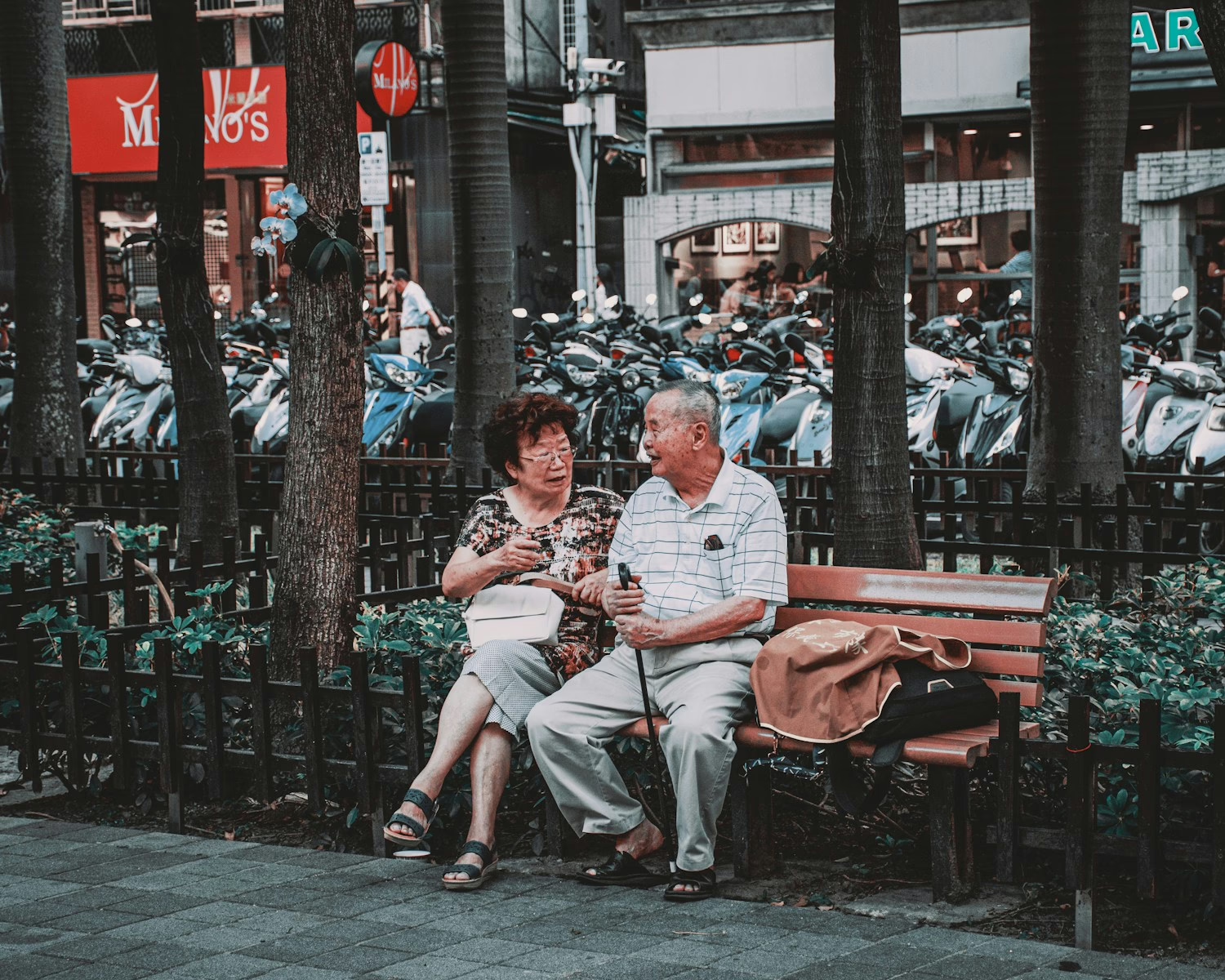
Health-conscious travelers exploring Tokyo can supercharge their hydration game with cutting-edge portable filtration systems that transform the city’s already excellent tap water into premium-quality drinking water.
These compact devices, from UV purification pens that zap 99.9% of harmful microorganisms to specialized PFAS filters that remove emerging contaminants, work seamlessly with Tokyo’s soft water characteristics to deliver crystal-clear results.
With Japan implementing stricter monitoring for PFAS chemicals in tap water starting April 2026, advanced filtration technology becomes even more valuable for ensuring optimal water quality.
For active explorers tackling temple stairs in Asakusa or cycling through Shibuya’s bustling streets, electrolyte-enhanced water options and alkaline water bottles provide the perfect hydration boost to keep energy levels soaring throughout those epic Tokyo adventures.
Portable Water Filters That Work Perfectly with Tokyo Tap Water
Health-conscious travelers can transform Tokyo’s already excellent tap water into bottled-quality hydration using compact filtration systems that slip effortlessly into any suitcase corner.
The city’s legendary electronics districts like Akihabara and Yodobashi Camera stores stock an impressive array of Japanese-engineered portable filters specifically designed for Tokyo’s unique water profile, offering travelers both convenience and cutting-edge technology.
These lightweight solutions provide an extra layer of protection while supporting sustainable travel practices, eliminating the need for countless plastic bottles during extended stays in Japan’s bustling capital.
Travel-Friendly Filtration Systems You Can Pack in Your Suitcase
When travelers pack their bags for Tokyo, smart water filtration systems deserve a spot right next to the camera and comfortable walking shoes!
These portable powerhouses transform Tokyo’s already-safe tap water into pristine aquarium hydration quality, eliminating any concerns about school water-style chlorine tastes that might dampen your adventure spirit.
- Lightweight carbon filter straws remove residual chlorine instantly
- Collapsible bottle systems save precious luggage space
- UV purification pens address older building concerns
- Gravity-fed filters work without batteries or power
Tokyo’s tap water undergoes rigorous testing with 51 safety inspections mandated by the Waterworks Law, ensuring exceptional quality standards before it even reaches your portable filter.
Local Shopping for Water Treatment Products in Tokyo’s Electronics Districts
Tokyo’s legendary electronics districts transform into unexpected treasure troves for savvy travelers seeking premium water filtration solutions!
Akihabara’s massive retailers like Yodobashi Akiba dedicate entire sections to household appliances, where knowledgeable staff demonstrate cutting-edge filtration systems.
These shopping districts showcase Japanese-engineered ceramic filters and multi-stage carbon systems specifically designed for Tokyo’s municipal water composition, offering freedom-loving visitors sophisticated purification options.
Major suppliers like ChemREADY stock coagulants and flocculants that dominate Japan’s water treatment market with over 40.1% market share.
Electrolyte and Enhanced Water Options for Active Tokyo Exploration
Tokyo’s summer heat and endless walking adventures demand serious hydration strategy, and the city’s electrolyte-enhanced water scene delivers with everything from iconic Pocari Sweat vending machines on every corner to premium alkaline water options that health-conscious travelers absolutely swear by.
The sports drink culture here isn’t just marketing hype—it’s a practical necessity when you’re climbing temple steps in 85-degree humidity or traversing the sprawling grounds of the Imperial Palace.
Whether you’re grabbing a familiar blue-and-white Pocari from a konbini or hunting down specialized mineral waters in upscale districts like Omotesando, Tokyo’s enhanced hydration options keep active explorers perfectly fueled for their urban adventures.
Pocari Sweat and Sports Drink Culture During Summer Sightseeing
As summer temperatures soar beyond 30°C and humidity wraps around visitors like a warm, damp blanket, savvy Tokyo explorers quickly discover that plain water simply won’t cut it during marathon sightseeing sessions.
Essential Summer Hydration Benefits:
- Electrolyte benefits prevent muscle cramps during temple walks
- Rapid absorption beats regular water for active exploration
- Energy maintenance sustains afternoon shrine visits
- Cultural integration connects you with local summer survival wisdom
Pocari Sweat’s isotonic formula mimics your body’s natural fluid concentration, making it the go-to choice for tourists navigating Tokyo’s sweltering summer streets.
Alkaline Water Trends in Japan and Where to Find Specialized Options
Beyond sports drinks lies another hydration frontier that health-conscious visitors encounter throughout Japan’s bustling capital.
Alkaline water has captured Tokyo’s wellness enthusiasts, offering pH levels between 8.5 and 10.0 for enhanced hydration!
Suntory’s regional varieties showcase exceptional mineral content, while convenience stores stock diverse options. Electronics retailers sell ionizers for creating customized alkaline solutions at home.
Premium alkaline waters often feature electrolytes for taste enhancement and superior refreshment benefits.
Cultural Water Drinking Habits That Enhance Your Tokyo Experience
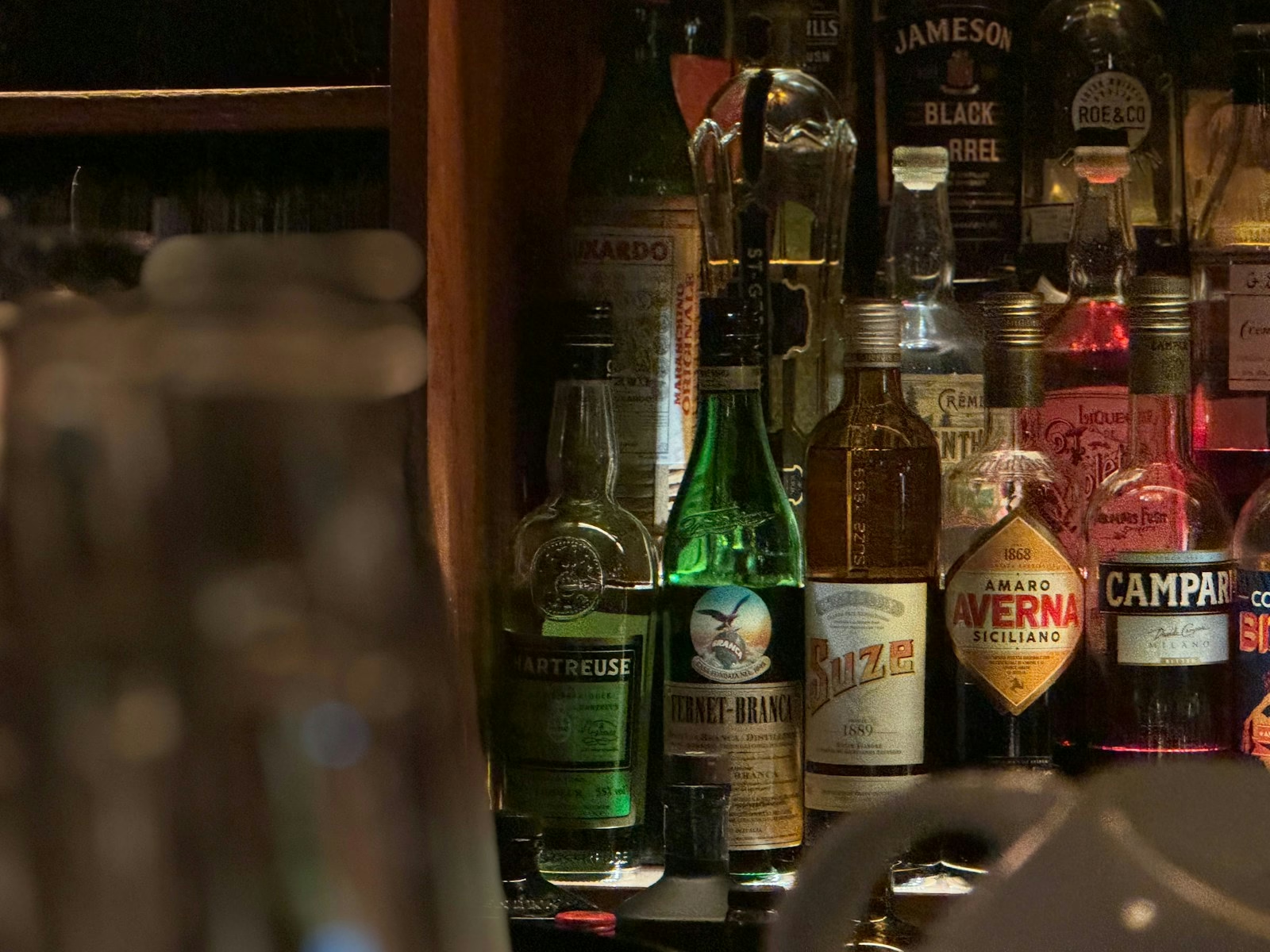
Understanding Tokyo’s cultural water drinking habits transforms a simple glass of H2O into a gateway for authentic local experiences that most visitors completely miss.
Green tea culture dominates daily Japanese hydration rituals, with locals sipping multiple cups throughout the day while following centuries-old preparation techniques that elevate water from mere refreshment to mindful ceremony.
Restaurant and café water service carries unspoken expectations—from the complimentary ice water automatically served at most establishments to the precise temperature preferences that reflect seasonal awareness and hospitality principles deeply embedded in Tokyo’s social fabric.
Many Tokyo shrines feature temizu-ya basins where visitors perform traditional hand and mouth washing rituals before worship, connecting the simple act of drinking water to spiritual purification practices that have shaped Japanese culture for centuries.
Green Tea Culture and Its Role in Daily Japanese Hydration
Picture yourself walking into any Tokyo hotel room where a complimentary tea service awaits—those little packets of sencha and hojicha aren’t just amenities, they’re your gateway to understanding how 72% of Japanese people hydrate daily!
While tourists reach for bottled water, locals instinctively brew tea throughout the day, transforming ordinary hydration into moments of cultural immersion that connect you to centuries-old traditions.
This deep-rooted preference explains why green tea still commands 14.7% of total drink purchases across Japan, reflecting its enduring role in daily hydration habits.
From the pristine water flowing through traditional tea houses in Ueno to the modern office buildings where green tea replaces coffee breaks, Tokyo’s relationship with tea reveals why water quality matters so deeply in this city’s daily rhythm.
Free Tea Service in Hotels and How It Replaces Plain Water Consumption
- Structured hydration periods (3:00-10:00 PM) replace continuous water access.
- Soul-soothing beverages feature seasonal selections like Sakura Japanese Black Tea.
- Cultural ceremonies at Park Hotel frame drinking as authentic experience.
- Premium positioning emphasizes tea quality over water amenities. Hotels enhance these experiences by preparing desserts at the table and offering seasonal menus that complement the traditional tea service.
Traditional Tea Houses Where Water Quality Matters Most
Why do Tokyo’s most revered tea masters obsess over water quality with the same intensity that wine connoisseurs scrutinize vintage terroir? Because exceptional tea ceremony experiences demand perfect water source harmony!
Historic establishments like Ippodo maintain 300-year-old filtration traditions, while neighborhoods like Ochanomizu literally mean “tea water,” celebrating the Kanda River’s legendary purity that once served shoguns.
Hidden gems in areas like Jiyugaoka feature traditional teahouses that transform former family homes into serene retreats where water quality directly impacts the authenticity of their matcha preparation.
Restaurant and Café Water Service Expectations
Walking into any Tokyo restaurant triggers an immediate ritual that surprises first-time visitors: servers automatically place a glass of crisp, cold water at your table before you even glance at the menu!
This complimentary service stems from Japan’s omotenashi hospitality tradition and reflects the city’s exceptional municipal water quality standards that make tap water not just safe, but genuinely invigorating.
Many establishments also feature self-service water dispensers where diners can refill their glasses freely throughout their meal.
The ice cubes clinking in your glass meet rigorous food service regulations, ensuring that every sip delivers the same pristine taste whether you’re grabbing ramen in Shibuya or dining at a Ginza establishment.
Why Tokyo Restaurants Automatically Serve Free Water
The moment visitors settle into their seats at any Tokyo restaurant, from hole-in-the-wall ramen joints to upscale kaiseki establishments, they’ll witness something remarkable: a server automatically appears with glasses of crystal-clear tap water, no questions asked, no charge applied.
This beautiful tradition stems from four core elements:
- Omotenashi hospitality philosophy – anticipating guest needs before they’re expressed
- Historical water practices rooted in community sharing values
- Water conservation policies promoting tap water over wasteful bottled alternatives
- Universal expectation creating comfort across all dining experiences
The water served is often chilled year-round, enhancing hydration and comfort for diners regardless of the season outside.
Ice Quality Standards in Tokyo’s Food Service Industry
Behind every perfectly chilled glass of water and artfully carved ice cube in Tokyo’s restaurants lies a rigorous quality control system that would make even the most fastidious health inspector beam with pride.
HACCP protocols eliminate ice contamination risks through mandatory temperature monitoring, dedicated utensils, and stringent sanitation standards.
These measures transform simple frozen water into culinary perfection. Restaurant operators must ensure potable water sources are used in all ice production processes, with strict protocols preventing cross-contamination from non-drinking water systems.
Money-Saving Water Strategies for Budget-Conscious Tokyo Travelers
Budget-savvy travelers can slash their daily expenses by embracing Tokyo’s exceptional tap water quality, which eliminates the need for costly bottled water purchases that quickly drain vacation funds.
The city’s widespread acceptance of refillable bottles creates a seamless experience where visitors can confidently hydrate at hotels, restaurants, and public facilities without social awkwardness or additional charges.
Smart travelers who understand the dramatic cost differences between convenience store water options and complimentary restaurant refills can redirect those savings toward authentic ramen bowls, temple visits, and unforgettable cultural experiences.
Recent government testing confirms that Japan’s water supply meets safety standards, with no samples exceeding regulatory limits for chemical contaminants.
Refillable Water Bottle Culture and Social Acceptance in Public Spaces
Budget-conscious travelers will discover that Tokyo’s refillable water bottle culture has blossomed into a money-saving goldmine, with strategic refill locations scattered throughout every major tourist district from Shibuya’s bustling crossings to Asakusa’s traditional temples.
The city’s efficient train system welcomes water bottle carriers with open arms, though savvy locals know to grip their bottles securely during rush hour crushes and position them away from crowded doorways.
Japan’s growing reusable bottle market reflects the nation’s cultural emphasis on convenience and hygiene, making water bottle usage both socially accepted and environmentally conscious.
Whether you’re exploring the neon-lit streets of Harajuku or wandering through Ueno Park’s cherry blossoms, free refill stations have become as essential to the Tokyo experience as convenience stores and vending machines!
Best Locations for Free Water Refills Throughout Popular Tourist Areas
Smart travelers discover that Tokyo’s water refill network transforms the city into a hydration paradise where free, high-quality drinking water flows as abundantly as the crowds through Shibuya Crossing.
- MUJI stores provide universal cold/room temperature options citywide.
- MyMizu app maps 5,800 locations across all prefectures instantly. The app requires no registration and features a simple interface that makes finding nearby water sources effortless for visitors.
- Major parks like Ueno feature traditional fountains with proper water fountain etiquette.
- Eco-conscious cafes maintain refill station maintenance through sustainability partnerships.
Carrying Water Bottles on Tokyo Trains: Etiquette and Practical Tips
The moment travelers step onto Tokyo’s immaculate train cars with their trusty water bottles, they enter a fascinating world of unspoken rules where hydration meets cultural sensitivity!
Your hydration gadgets should remain discretely tucked away in backpacks, while subtle bottle branding prevents unwanted attention. Water is generally acceptable on short rides according to local train etiquette guidelines.
Sip only when stationary, acknowledge fellow passengers politely, and embrace these respectful practices that *uncover* seamless Tokyo adventures!
Convenience Store Water vs Restaurant Water: Cost Comparison Analysis
Smart budget travelers quickly discover that Tokyo’s water purchasing landscape splits into two distinct price territories, with convenience stores offering the most reasonable bottled options while restaurants command premium prices that can demolish daily spending plans.
The math becomes crystal clear when comparing convenience store bottles at 100-150 yen against restaurant markups of 300-500 yen per serving – fundamentally paying triple for the same hydration!
However, the ultimate winner remains Tokyo’s exceptional tap water, which eliminates these costs entirely and allows savvy visitors to redirect those saved yen toward unforgettable ramen bowls and temple visits instead.
Japan’s commitment to water safety standards includes comprehensive PFAS monitoring starting in 2026, ensuring continued confidence in municipal water quality.
When Free Tap Water Makes More Sense Than Purchasing Bottles
While Tokyo’s convenience stores beckon with their colorful rows of bottled water, budget-savvy travelers discover that the city’s exceptional tap water offers the ultimate money-saving strategy without compromising safety or taste.
Tokyo’s rigorous tap water regulation and natural water mineralization create these compelling advantages:
- Zero cost per liter versus ¥0.20-0.40 for bottled alternatives
- 291 quality parameters tested exceeding national requirements
- 99.9% compliance rate with drinking water standards
- Environmental freedom from single-use plastic waste
Recent nationwide testing confirms Tokyo’s water safety standards, with PFAS chemicals detected in only 20% of samples across Japan, and no samples exceeding government safety limits.
Daily Water Budget Planning for Extended Tokyo Stays
Budget-conscious travelers planning extended Tokyo stays face a stark financial reality: daily water consumption choices compound into significant monthly expenses that can derail carefully planned budgets.
Smart travelers skip expensive bottled water purchases, instead embracing tap water’s exceptional safety standards.
Water filtration systems become unnecessary luxuries when Tokyo’s municipal supply already exceeds international quality benchmarks effortlessly.
Wrapping Up
Tokyo’s water landscape offers countless invigorating possibilities for every traveler’s needs and budget.
Take Sarah, a budget backpacker who discovered she could slash her daily expenses by $15 simply by refilling her bottle at train station fountains and trusting Tokyo’s pristine tap water.
Whether visitors choose premium bottled varieties, embrace local water customs, or stick with reliable municipal supplies, staying hydrated while exploring this incredible city becomes effortlessly achievable.

